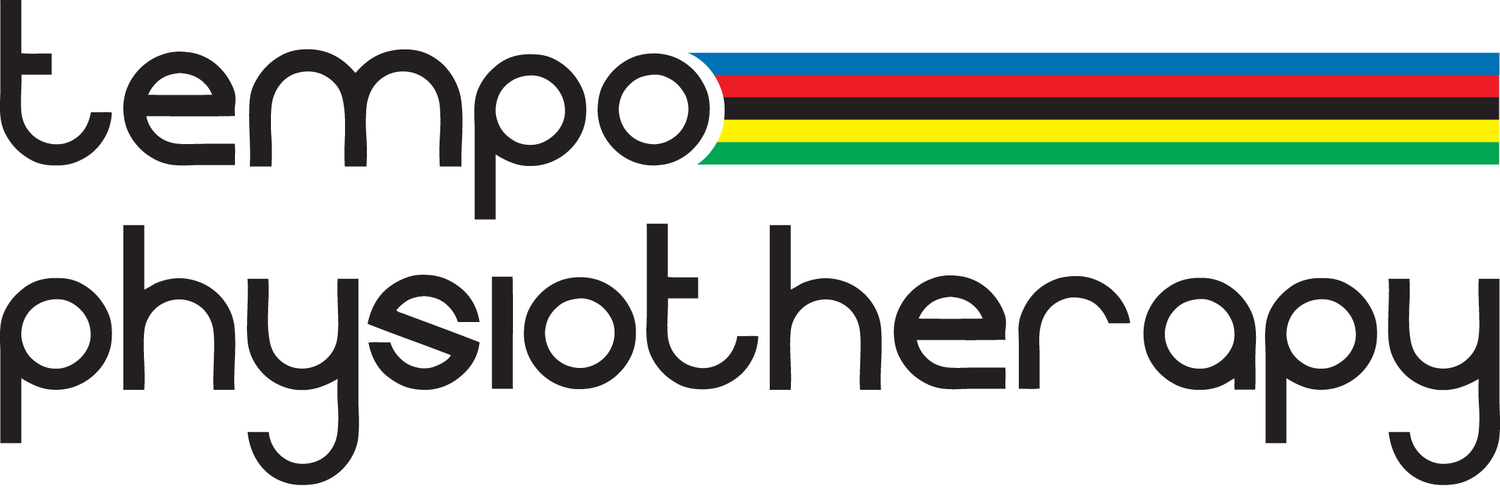The simple truth about weight loss
Weight loss for all of us is a minefield of fact, fiction, best sellers and diet plans. Working in a Hospital and GP practice I see the daily effects of excess weight and hear all sorts of wonderful ideas from patients about what caused it. I imagine many of us took up cycling for the health benefits that come with it and maybe to lose a bit of weight as well. In the last blog we looked at diet for improving performance on the bike so for this one I thought I’d look at the basic science behind weight loss, and the difference between eating for performance and eating for weight loss
Read More